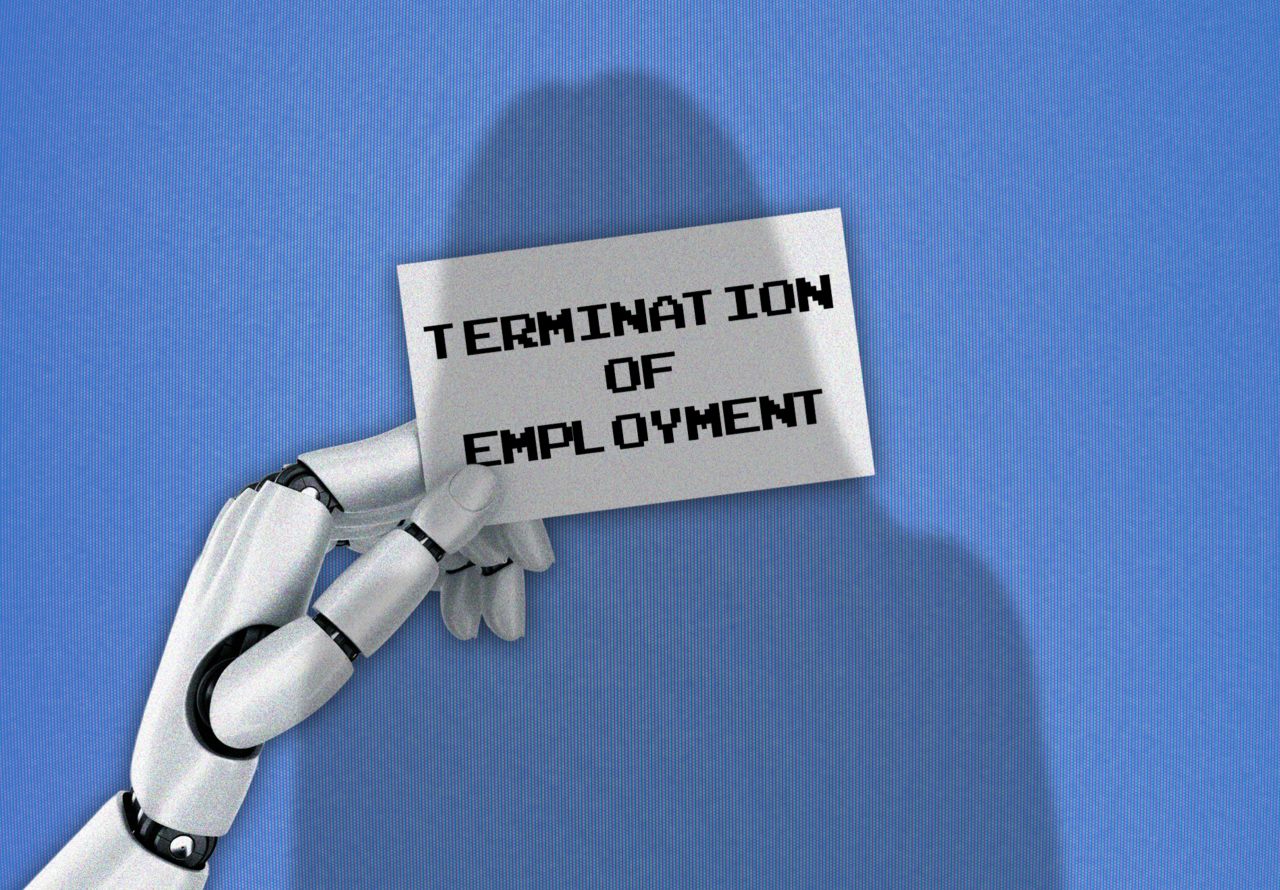Why Workers Fear AI Won’t Just Steal Jobs—It Will Fire Them, Too
Workers across the U.S. aren’t just bracing for AI to automate routine tasks. They’re terrified it will trigger mass firings, leaving them jobless in a tech-driven economy. Recent layoffs at tech giants and bold CEO admissions have turned those fears into reality for thousands.
The Layoff Wave: AI as the New Corporate Scapegoat
Companies are slashing jobs at an alarming rate, often pinning the blame on AI. Microsoft cut 9,000 positions in July 2025, while Amazon’s CEO Andy Jassy warned of workforce reductions tied to artificial intelligence. TikTok fired hundreds in its trust and safety team in August, explicitly planning to replace them with AI—right before a union vote.
Duolingo and Klarna made headlines by laying off staff for AI tools, only for Klarna to quietly rehire humans after productivity tanked. Even a CEO boasted about firing 27 of 30 student workers, quipping, “AI doesn’t go on strike” or demand raises.
These aren’t isolated incidents. The World Economic Forum’s 2025 Future of Jobs report reveals 41% of global employers plan workforce cuts due to AI automation in the next five years. In the U.S., tech firms like Intel, Meta, and Ford are accelerating the trend, with Ford’s CEO predicting AI could replace half of white-collar roles.
Beyond Replacement: How AI Devalues and Destroys Roles
AI isn’t merely automating tasks—it’s degrading jobs, making workers feel expendable. Tech employees at Google and TikTok report AI sapping the skill from their work, turning creative roles into rote drudgery. One Adobe worker described teams pressuring staff into quitting by stripping assignments, all under an “AI-first” guise.
Experts note AI hits novices hardest, automating simple tasks and slowing hires for entry-level positions. Unemployment for recent college grads spiked as employers anticipate fewer roles overall. Goldman Sachs estimates 300 million jobs worldwide could shrink or vanish, mirroring the rapid rise of past tech like computers.
Ironically, workers using AI daily fear it most—60% in a CNBC survey worry about job impacts, up from broader polls showing 52% overall concern. This “FOBO” (fear of becoming obsolete) grips one in five U.S. workers, per Gallup.
Voices from the Front Lines: Real Stories of AI-Driven Pink Slips
Social media echoes the panic. Former Labor Secretary Robert Reich slammed CEOs for “bragging” about AI replacements to juice stock prices. On Reddit’s r/Futurology, users vent: “Companies are starting to lay off workers to give it a shot,” with one noting junior programmers axed as ChatGPT excels.
Anthropic’s CEO Dario Amodei warns of a “white-collar bloodbath,” predicting half of entry-level office jobs could disappear—yet lawmakers and workers remain “unaware.” OpenAI’s Sam Altman acknowledges the “real pain,” but insists disruption is inevitable.
Harvard’s research shows AI boosts low performers in call centers but widens gaps elsewhere, leaving mid-tier workers vulnerable. As one Quora user put it, AI won’t erase all jobs but will “raise the bar” so high many can’t reach it.
The Bigger Picture: Economic Ripples for American Workers
For U.S. families, this means more than lost paychecks—it’s eroded job security in an already volatile economy. Layoffs fuel inequality, hitting young and mid-career workers hardest while CEOs pocket gains. Sectors like content creation see 89% predicting losses, per polls.
Yet, not all experts agree on doom. MIT’s history shows tech displaces but also creates roles—AI could augment, not annihilate, if managed right. Bottlenecks like unclear task definitions slow full automation. Upskilling in AI literacy offers a lifeline, turning threats into tools.
Facing the AI Reckoning: Hope Amid the Hurdles
Workers’ dread stems from clear evidence: AI enables swift, cost-driven firings that prioritize profits over people. But history and hurdles to seamless adoption suggest total replacement is hype, not destiny.
The path forward? Demand transparency from bosses, push for reskilling programs, and advocate for policies sharing AI’s gains. As one expert notes, “Embrace the future… it will be beautiful for anyone who takes it in with open arms.” Workers aren’t powerless—organizing and adapting can rewrite this script before it fires the next round.
